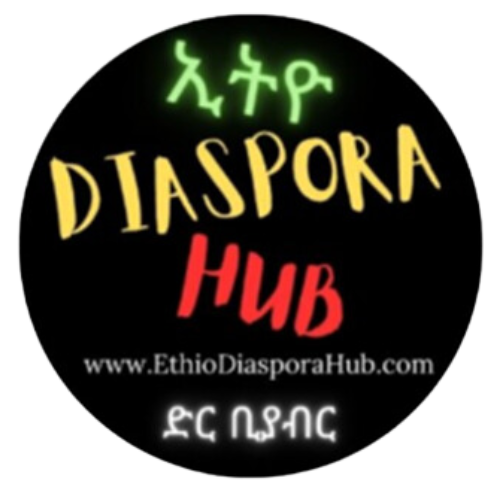This Sept. 12 marks half a century since Emperor Haile Selassie was deposed by the Derg, a brutal Marxist-Leninist junta that killed more than a million Ethiopians during the mid-1970s Red Terror campaign and subsequent famines. While Oromo musicians had been persecuted under Selassie in his attempt to tamp down a rising separatist movement among Ethiopia’s largest ethnic group, the advent of the Derg brought down the curtain on what’s now seen as Ethiopian music’s golden age. Many of these artists fled the regime, a diaspora that continues to shape Ethiopian music.
Mulatu Astatke, the composer, vibraphonist, and percussionist who fathered the sleek, incantatory style known as Ethio-jazz in the early 1970s, managed to stay active in Addis Ababa even as many of his confederates went into exile. Over the past two decades, he’s become Ethiopia’s best-known musical ambassador, but when he returns to Berkeley for two shows at The UC Theatre June 12–13, presented by Jazz Is Dead, he’ll be accompanied mostly by non-Ethiopian Western musicians.
Poster for Qwanqwa’s May 15 performance in Oakland
For a glimpse at the creative ferment taking place in Addis Ababa today, the act to catch is Qwanqwa, a quintet featuring leading Ethiopian musicians organized by Santa Cruz violinist Kaethe Hostetter. In the midst of an extensive North American tour, the group plays a series of gigs across California, including on May 15 at Zanzi in Oakland, on May 16 at the Yerba Buena Gardens Festival, and later that same evening at Santa Cruz’s Kuumbwa Jazz Center. The group’s Southern California dates include May 17 at Corazón Performing Arts in Topanga, May 18 at the Joshua Tree Music Festival, and May 19 at Zebulon in Los Angeles’ Frogtown neighborhood.



No Comment Found.